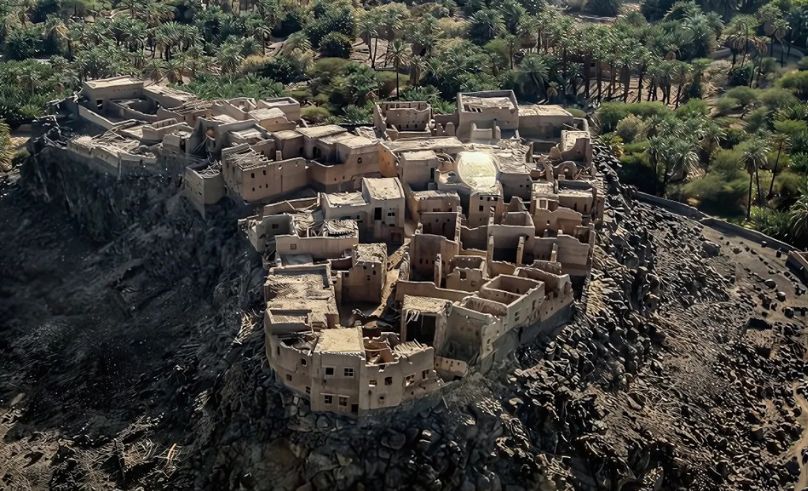Lost 4,000 Year Old Settlement Uncovered at Khaybar Oasis
Archaeologists rediscovered a 4,000-year-old fortified town named Al-Natah, revealing insights into urban development during the early Bronze Age amid a shifting lifestyle from nomadic to settled.

Archaeologists discovered the remains of a 4,000-year-old fortified town named Al-Natah, hidden within the oasis of Khaybar in northwestern Saudi Arabia. This discovery illustrates a shift from nomadic to urban living during the early Bronze Age, with the town believed to have been established around 2400 BC and capable of housing up to 500 residents.
The site was long concealed by Khaybar’s fertile oasis, but the discovery of a 14.5-kilometre-long ancient wall prompted further exploration. A collaborative study conducted by French and Saudi researchers confirmed that these ramparts surrounded a habitable area, indicating the town's organised structure. The remains encompass approximately 2.6 hectares and include around 50 house foundations and a surrounding wall.
Tombs found within the town contained metal artefacts, including axes and daggers, along with decorative agate stones, suggesting a relatively advanced society for that era. Pottery unearthed at the site indicates a simpler yet egalitarian culture.
Although Al-Natah was smaller than contemporary cities in Mesopotamia or Egypt, its ramparts, reaching up to five metres in height, imply a form of local governance. This fortified oasis may have participated in exchanges with nearby settlements, potentially contributing to the development of trade routes for spices and incense from southern Arabia to the Mediterranean.
The findings underscore a unique path toward urbanisation in northwest Arabia, characterised by gradual changes in lifestyle rather than the rapid growth seen in larger city-states of the time. Continued research is expected to provide deeper insights into this ancient settlement's significance.



























